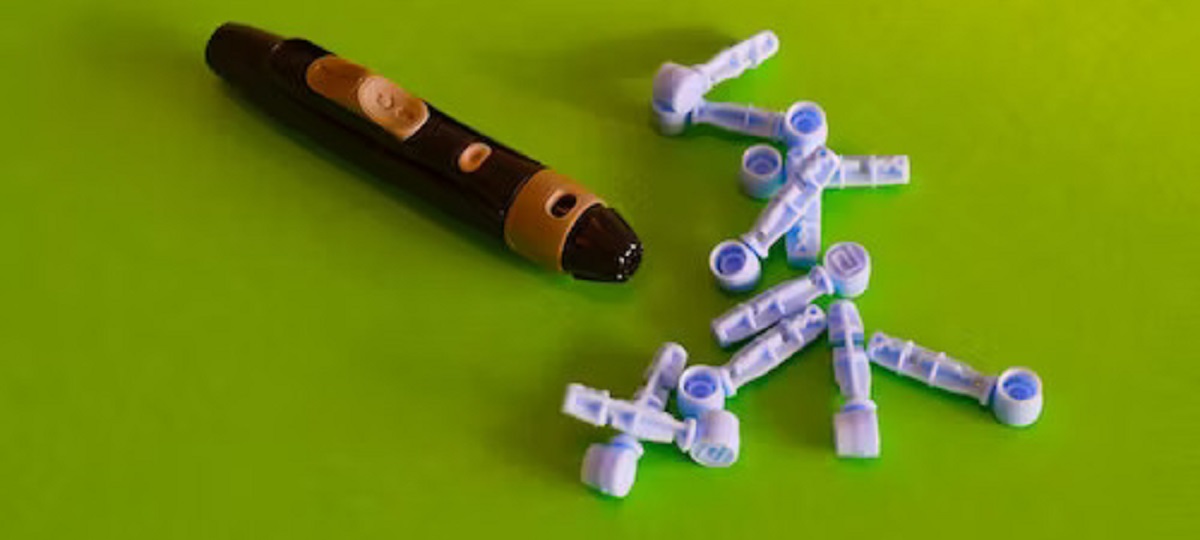Chronic type 2 diabetes is typified by elevated blood sugar levels brought on by insulin resistance and insufficient insulin synthesis. Millions of individuals worldwide are impacted by it, and lifestyle variables including food, exercise, and obesity are frequently linked to it. While type 2 diabetes is typically considered a progressive and incurable disease, there is growing evidence to suggest that it can be reversed or put into remission through lifestyle changes and, in some cases, medical interventions. In this article, we will explore the concept of diabetes reversal, examine the evidence supporting it, and discuss practical steps individuals can take to manage and potentially reverse type 2 diabetes.
Understanding Type 2 Diabetes
When a person has type 2 diabetes, their body either produces insufficient insulin to keep blood sugar levels within normal ranges or rejects the hormone insulin’s effects. This results in high blood sugar levels, which can lead to major side effects like heart disease, stroke, renal failure, and eyesight loss if unchecked.
Type 2 diabetes is associated with risk factors such as obesity, inactivity, poor nutrition, family history of the disease, and membership in specific ethnic groups. Type 2 diabetes is influenced by genetics, but lifestyle choices have a big impact on how the disease progresses and is managed.
Can Type 2 Diabetes Be Reversed?
The notion of reversing type 2 diabetes implies achieving normal blood sugar levels without the need for medication. While not everyone with type 2 diabetes can achieve complete reversal, many can achieve remission, which is defined as having blood sugar levels below the diabetes range without the use of diabetes medications. Remission can be temporary or long-lasting, and sustaining it often requires ongoing lifestyle changes.
Several studies have shown that weight loss and lifestyle modifications can lead to significant improvements in blood sugar control and even remission of type 2 diabetes. For example, the Diabetes Remission Clinical Trial (Direct) conducted in the UK found that a low-calorie diet followed by gradual reintroduction of food led to remission of type 2 diabetes in nearly half of the participants after one year.
Strategies for Reversing Type 2 Diabetes
Reversing type 2 diabetes involves adopting lifestyle changes that promote better blood sugar control and overall health. Here are some strategies that can help:
- Healthy Diet: Priorities eating a well-balanced diet that is high in fruits, vegetables, whole grains, lean meats, and healthy fats. Reduce your intake of sugary meals, processed carbs, and saturated fats. Maintaining blood sugar levels can be especially helped by a low-carb or Mediterranean diet.
- Regular Exercise: Start an activity routine that you stick to, including brisk walking, cycling, swimming, or weight training. Make an effort to exercise for at least 30 minutes most days of the week. Exercise raises insulin sensitivity, which lowers blood sugar levels.
- Weight Management: Controlling blood sugar levels and insulin sensitivity can both be greatly enhanced by losing extra weight. Try to lose weight gradually by combining food and exercise. A small weight decrease of five to ten percent of your body weight can be beneficial.
- Monitoring Blood Sugar Levels: As directed by your physician, check your blood sugar levels on a regular basis. You may learn more about how your blood sugar levels are impacted by your food, exercise routine, and prescription drugs here.
- Medication Management: Take your diabetic medicines as advised by your physician, if prescribed. Insulin injections or oral medicines may be examples of this. It’s critical to heed your doctor’s advice and never change your prescription schedule without first speaking with them.
Conclusion
While type 2 diabetes is a serious and chronic condition, it is possible to manage and even reverse it through lifestyle changes and, in some cases, medical interventions. By focusing on weight loss, healthy eating, regular physical activity, and medication management, individuals with type 2 diabetes can improve their blood sugar control and overall health. It’s important to work closely with your healthcare team to develop a personalized treatment plan that meets your needs and goals. With dedication and commitment, it is possible to achieve remission of type 2 diabetes and lead a healthier, more fulfilling life.
